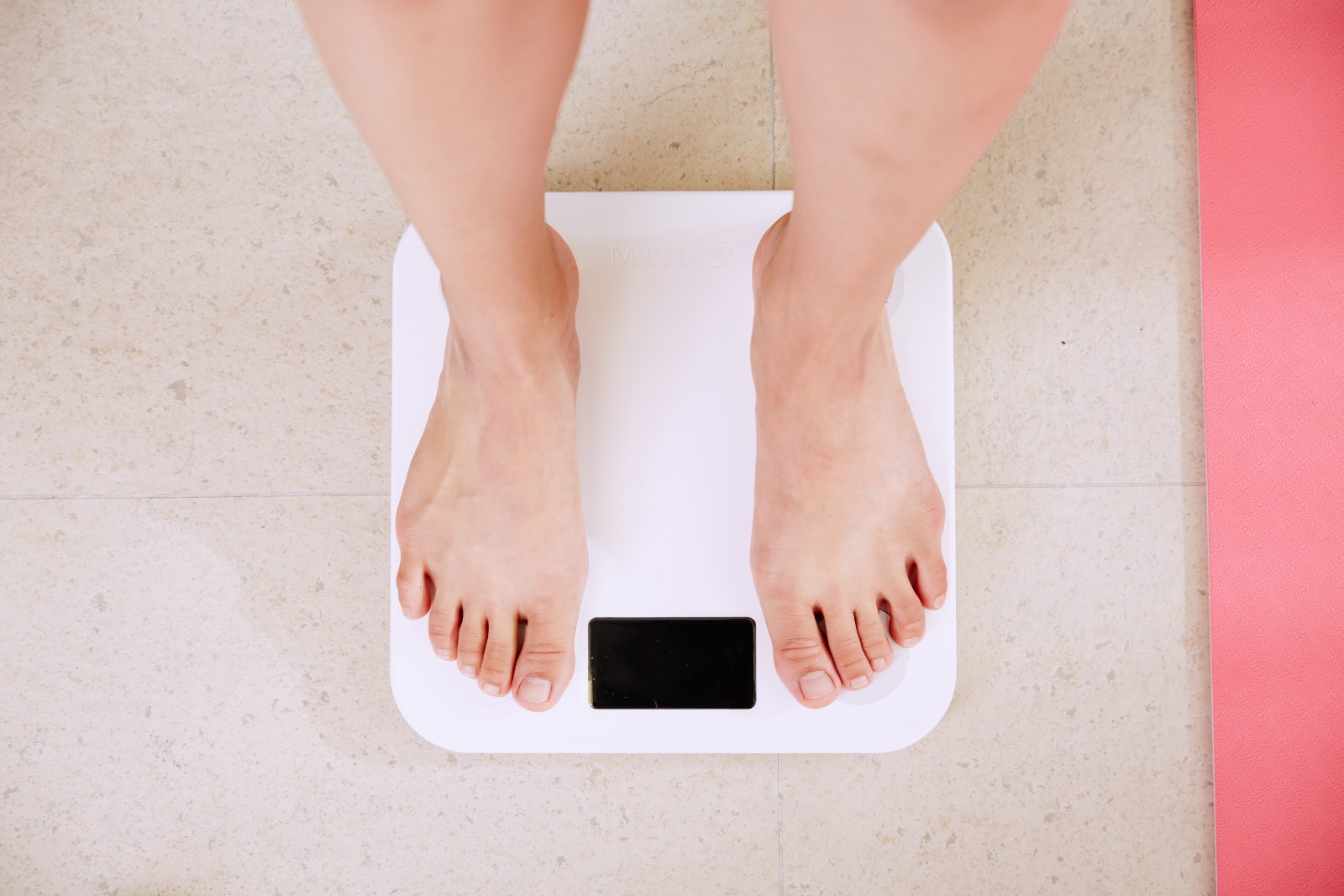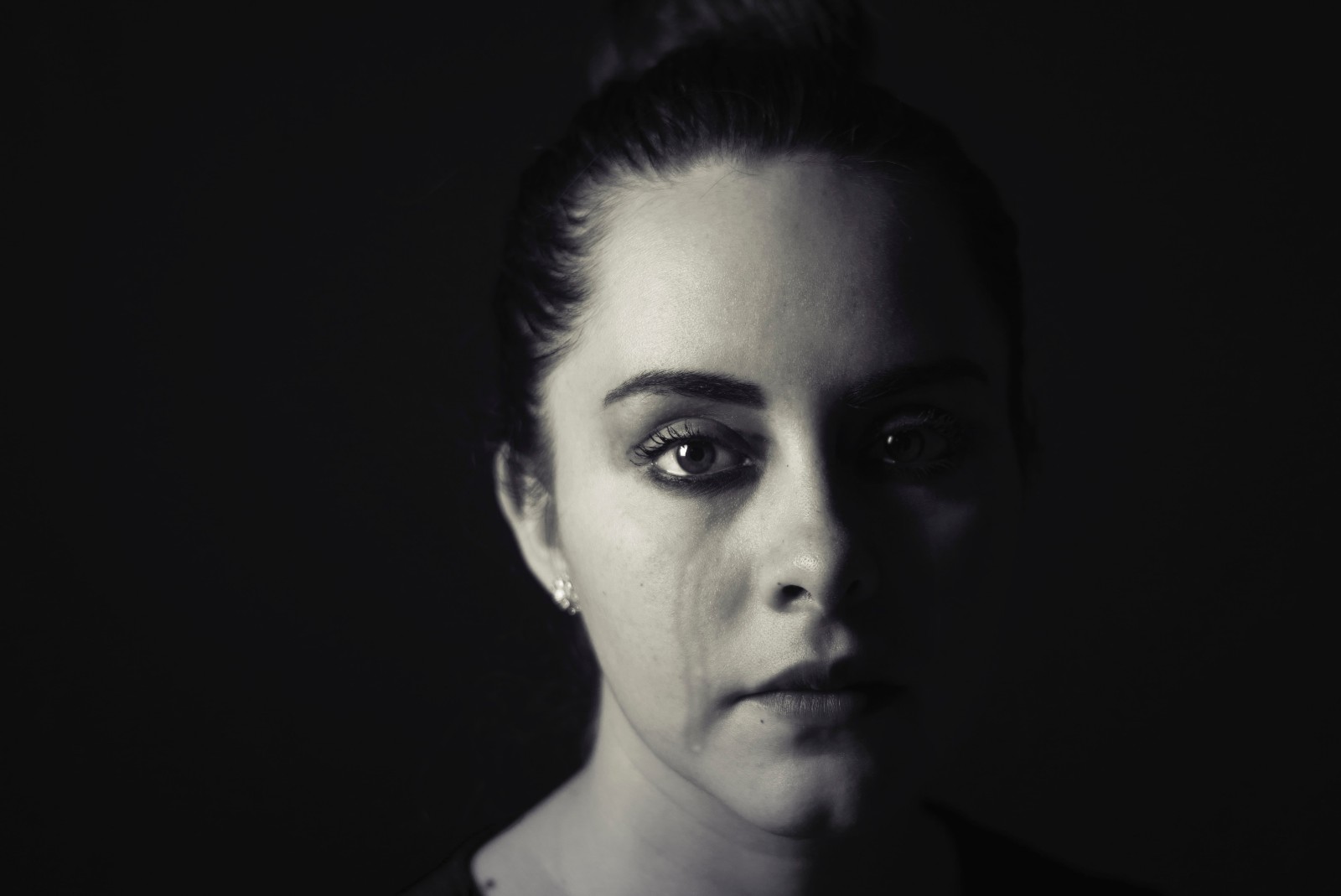Eating Disorders
Eating disorders can be exhausting and lonely
Having an eating disorder can be exhausting and lonely. It may feel at times as if your whole life has become consumed with thoughts about your weight, what you look like, your flaws, how others perceive you, what to eat during your binge sessions or how many calories you consumed that day. You may feel like you have little time to worry or think about anything else in your life, as you become trapped in the constant cycle of anxiety, fear, shame, and guilt.
When you have an eating disorder the first thought you have each morning usually involves food or your body, and yet tends to be the last thing you want to discuss with anyone. It may feel isolating as you hide the symptoms of your disorder from your friends or family, or tell the people in your life, only to find that they don’t truly understand what its like to have an eating disorder.

You're not alone
Many people struggle with issues concerning their body image, and relationship to food, they just don’t talk about it. It's not easy for people to discuss or even acknowledge they have an eating disorder. Who wants to admit they're struggling? Fear and shame often hold those with eating disorders back from seeking help or voicing that they are struggling with issues such as anorexia, bulimia, ARFID, orthorexia, bigorexia, body dysmorphia, or binge eating disorder.
What do eating disorders look like?
Eating disorders don’t have a LOOK, and can affect anyone regardless of their weight, and physical appearance. Physical appearances at times can be deceiving. Just because someone is skinny doesn’t mean they're suffering from anorexia nervosa, nor does it mean if someone is heavier that they have a binge eating disorder. In fact, appearances can be deceiving. Someone who looks physically healthy may be restricting what they eat, calorie counting, or could be struggling with bulimia, binge-eating disorder, and body dysmorphia.

Eating disorders are often a symptom of an emotional disorder
This is the crux of it all. Eating disorders tend to come about often after emotionally taxing, stressful and traumatic events. When we have poor emotional hygiene the ways in which we discharge our pain and discomfort often take the form of disorders eating patterns in order to help us self soothe, self punish, seek attention, or gain control. This can result in using food to calm oneself, emotional eating, over exercising, restricting, calorie counting, and purging.
Life can get better
Understanding why and how your disordered eating patterns came to be, and learning what your disordered eating patterns is serving you is the first step on your road to recovery.
Whether you have been diagnosed with an eating disorder or are just beginning to notice symptoms of an eating disorder for you or a loved one, counseling can help. During therapy we will look at your disordered eating patterns, and your emotions and find and work through the underlying causes of your disordered eating patterns so that you can become healthy and regain control of your life again. Recovery from an eating disorder is possible with the help of therapy and the right treatment!
Convenient, online mental health therapy for adults and teens throughout Florida and North Carolina.
Orlando, FL | Tampa, FL | Gainesville, FL | Tallahassee, FL | Miami, FL | Asheville, NC | Durham, NC | Cary, NC | Chapel Hill, NC | Raleigh, NC | Chalotte, NC
© 2025 Mallorie Potaznick
For more information, call Mallorie at (561) 536-3980 or email malloriepotaznick@gmail.com.

